Venezuela
The situation is becoming increasingly tense in the Venezuelan capital with a day of violence and looting resulting in yet another face-off between protesters and security forces.
Opposition politicians were assaulted by suspected supporters of Socialist President Nicolas Maduro’s government as they attempted to enter the headquarters of the electoral board.
“All we are asking for is the right, which is in the constitution, for a recall referendum, it is here in article 72, the referendum means peace,” National Assembly majority leader, Julio Borges said.
Photo slideshow: Today's protests in Venezuela https://t.co/ZshbXhkYnm pic.twitter.com/CvqhYwWf8A
—
ReutersVzla (ReutersVzla) June 9, 2016
He had been at the premises to urge the agency to speed up the verification of the signatures needed to hold the recall vote.
Elsewhere in Caracas, young people clashed with the police after a planned march from the country’s top university to the electoral commission was blocked by officers in riot gear.
Falling oil prices have thrust Venezuela into a severe economic crisis and chronic food and medicine shortages have prompted the government to import thousands of tons of basic foodstuffs, with plans to distribute them on a house-by-house basis.
The allocation is to be carried out by thousands of Local Supply and Production Committees (CLAP), set up to fight – in Maduro’s words – the “economic war” with the business elite and opposition groups.
However, opposition politicians argue the network will divert limited food to the new system, effectively making the problem worse.
Jesus Toorealba, the Secretary General of the MUD opposition coalition accused Maduro’s administration of “trying to create an absolute monopoly on the distribution of food,” and of “blackmailing the people through their stomach.”
But Freddy Bernal, the government’s CLAP Director said half of basic goods would be distributed to the private sector.
Euronews




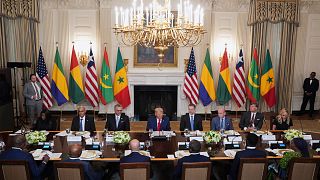
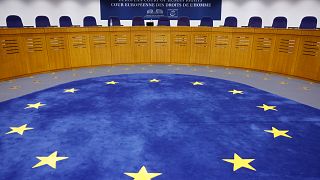
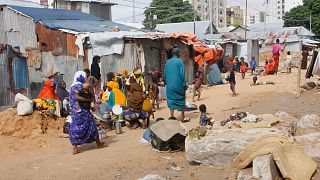

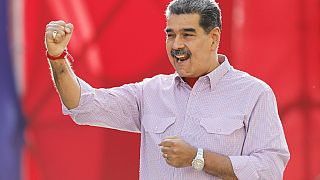
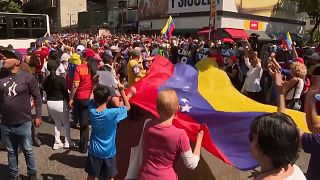
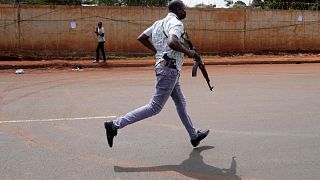
01:49
Broken windows and lootings: Nairobi businesses deal with protest aftermath
01:30
Top South African official accuses police minister of colluding with crime syndicates
01:42
Kenya: at least 10 dead in ongoing protests, 29 injured nationwide
02:21
Ivorian diaspora in Paris demands free and inclusive elections ahead of October vote
02:16
Kenya's William Ruto faces growing discontent over economy and police brutality
02:02
Funeral held for Kenyan blogger whose death in police custody sparked violent protests